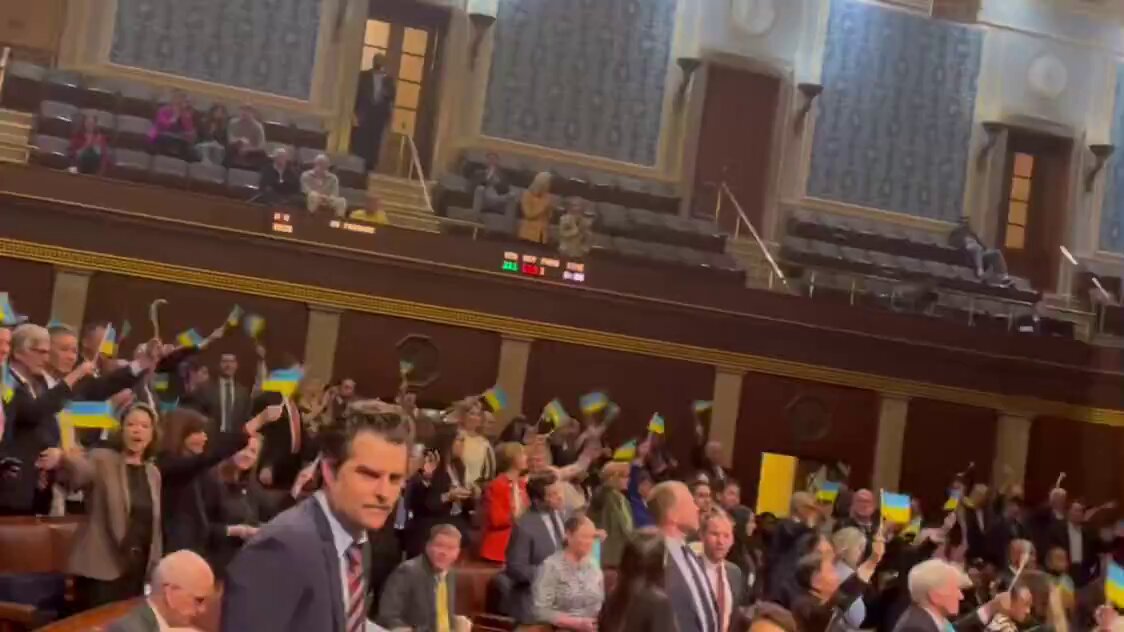Reposted by Robert F. Kennedy Jr
Nicole Shanahan
@NicoleShanahan
·
631d
The statement engages in public discourse by discussing political figures and their stances, and by critiquing government spending priorities in relation to foreign aid. It juxtaposes personal hardship with national policy decisions, suggesting a disconnect between domestic needs and international actions.
- The statement does not appear to cause harm but does critique government spending, which could be seen as a form of constructive criticism. [+1]Principle 1:I will strive to do no harm with my words and actions.
- The statement respects the dignity of others by not targeting any individuals with derogatory language, though it implicitly criticizes leadership decisions. [+1]Principle 2:I will respect the privacy and dignity of others and will not engage in cyberbullying, harassment, or hate speech.
- The statement aims to provoke thought on the allocation of resources, potentially fostering a deeper understanding of policy impacts. [+1]Principle 3:I will use my words and actions to promote understanding, empathy, and compassion.
- While critical, the statement invites dialogue about policy priorities and their implications, which is a form of engagement in constructive criticism. [+1]Principle 4:I will engage in constructive criticism and dialogue with those in disagreement and will not engage in personal attacks or ad hominem arguments.
- The statement does not acknowledge counterarguments or the complexity of foreign aid decisions, which could be seen as a lack of thoroughness in critique. [-1]Principle 5:I will acknowledge and correct my mistakes.
- The statement uses its platform to question and critique government actions, which could be seen as an attempt to influence societal views on policy. [+1]Principle 6:I will use my influence for the betterment of society.
- The statement responsibly uses the platform to discuss public issues without spreading misinformation or engaging in harmful rhetoric. [+1]Principle 7:I will uphold the principles of free speech and use my platform responsibly and with integrity.
